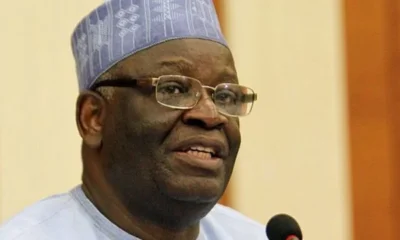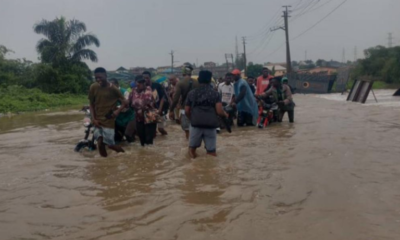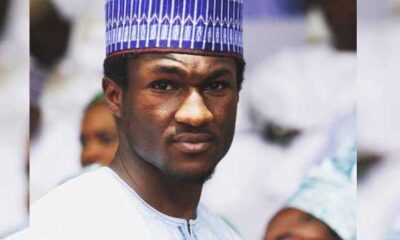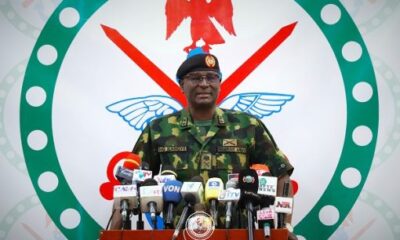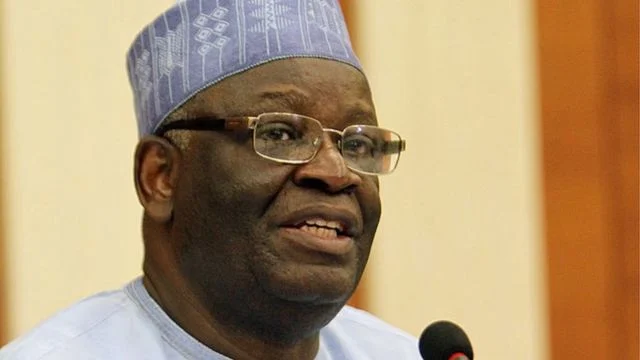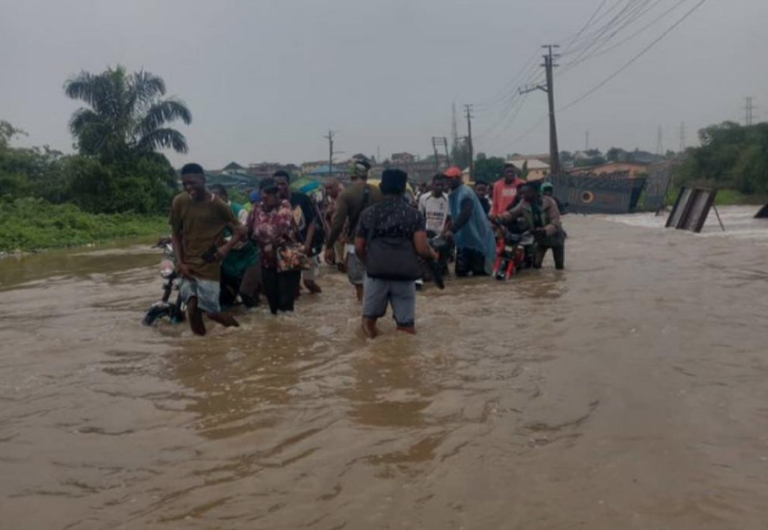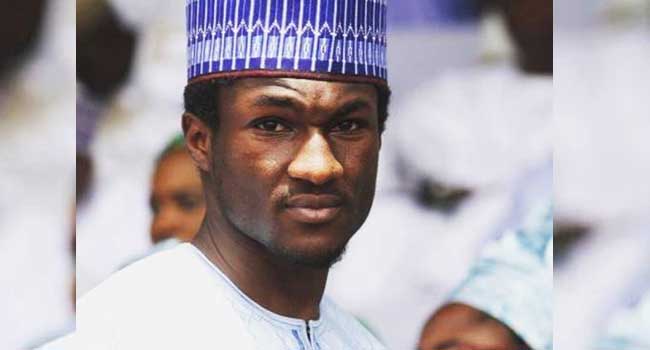BIG STORY
Government Working Within Tight Revenue Constraints, We Can’t Increase Civil Servants’ Salaries – Buhari
-

 BIG STORY4 days ago
BIG STORY4 days agoBREAKING: Federal Government Declares Tuesday Public Holiday To Honour Buhari
-

 BIG STORY3 days ago
BIG STORY3 days agoAmaechi Wears Turban To Buhari’s Burial In Daura
-

 BIG STORY4 days ago
BIG STORY4 days agoOsun 2026: Aregbesola Vows To Unseat Adeleke, Says ADC Will Win Guber Election
-

 BIG STORY1 day ago
BIG STORY1 day agoRCCG Pastor Absconds With $8000 Church Money, Abandons Wife, Marries New One
-

 BIG STORY4 days ago
BIG STORY4 days agoECOWAS Caravan 2025 Highlights Barriers, Builds Support For Women In Cross-Border Trade
-

 BIG STORY3 days ago
BIG STORY3 days agoWhat Buhari Told Me About President Tinubu After Fuel Subsidy Removal — Katsina Governor Radda
-

 BIG STORY1 day ago
BIG STORY1 day agoKeyamo Faults Atiku’s Use Of Coat Of Arms In PDP Resignation Letter, Says “You Left Office 18 Years Ago”
-

 BIG STORY3 days ago
BIG STORY3 days agoAliko Dangote Submits Paperwork To Build Biggest Seaport In Nigeria








